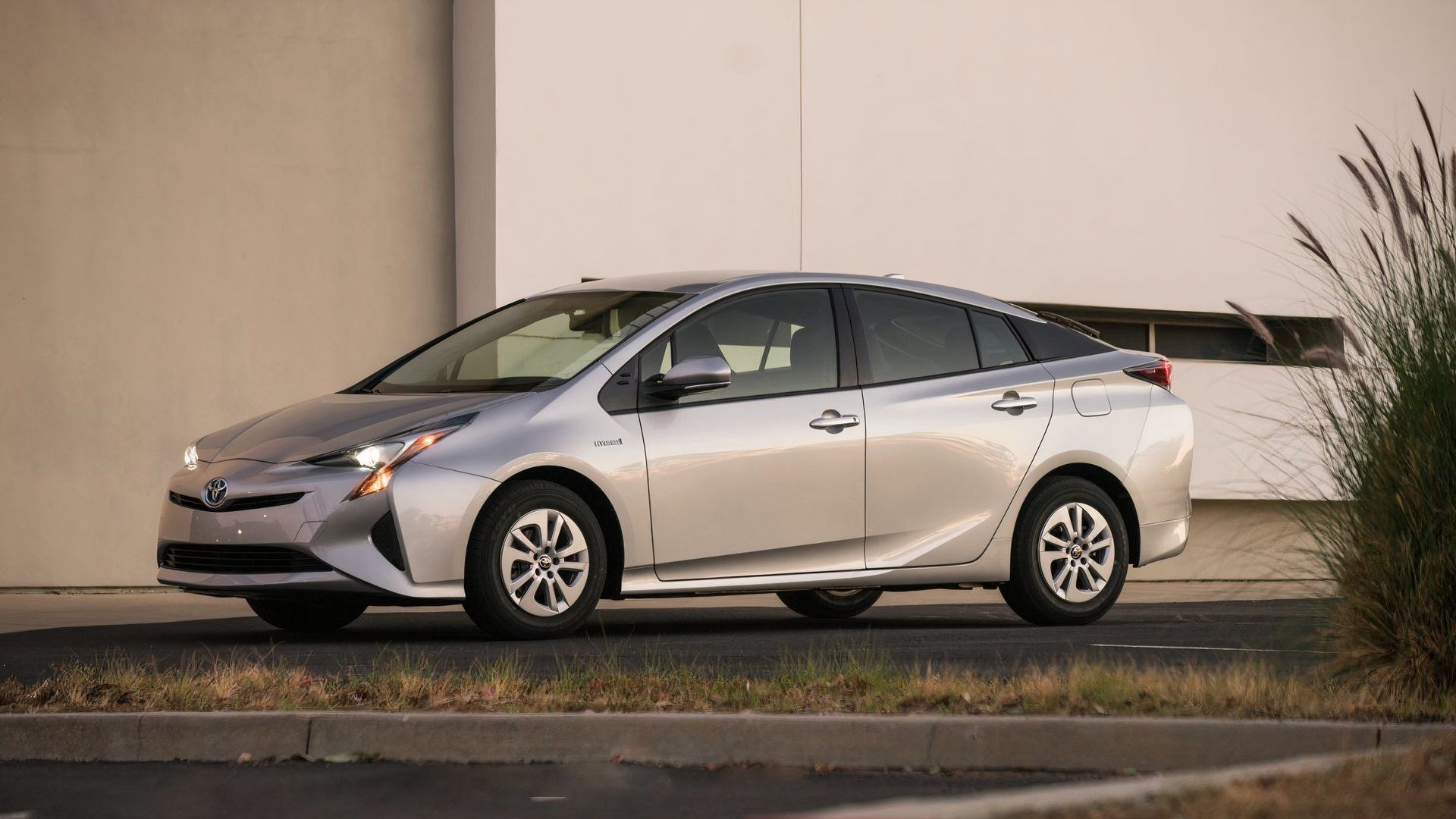

The popularity of hybrid vehicles continues to grow globally, with Japan leading the charge. In 2023, hybrid vehicle sales in Japan accounted for an impressive 55.1% of all vehicles sold, showcasing the country's dominance in hybrid technology [86529711]. Toyota and Honda are at the forefront of this market, particularly in the United States, where they have established themselves as key players in the hybrid segment. The Toyota Prius, recognized as the world's first mass-produced hybrid, has been in production since 1997, while the Honda Insight was the first hybrid sold in the U.S., produced intermittently from 1999 to 2022 [86529711].
Hybrids offer several advantages over electric vehicles (EVs), including the absence of a need for charging infrastructure, making them more convenient for consumers. Toyota's popular hybrids, such as the Camry Hybrid, which has been in production since 2006 and achieves up to 52 MPG, highlight the fuel efficiency that hybrids can provide [86529711]. Additionally, the Honda Civic Hybrid, which was produced from 2003 to 2015, is set to return in 2025, further emphasizing the ongoing commitment of these manufacturers to hybrid technology [86529711].
The appeal of hybrids extends beyond everyday vehicles. Even sports car makers like McLaren and Corvette are incorporating hybrid technology to enhance performance and acceleration. This demonstrates the versatility and potential of hybrid powertrains in various types of vehicles [8ada6421].
Hyundai, another major player in the hybrid market, has seen a significant increase in hybrid sales, with a 42% rise between April and June 2023. This trend indicates that consumers are recognizing the benefits of hybrids and choosing them over fully electric options [8ada6421].
One of the reasons for the growing popularity of hybrids is the advancement in technology. Today's hybrids are more advanced and fuel-efficient than their early counterparts, making them a more attractive choice for consumers. Ongoing education about hybrids, plug-in hybrids (PHEVs), and pure battery-electric vehicles (BEVs) will help ease the transition to electrification. As consumers become more educated about the different types of electrified vehicles, including hybrids, the transition to electrification is expected to accelerate [8ada6421].
In conclusion, the rise of hybrids can be attributed to their combination of fuel efficiency, power, reduced emissions, convenience, affordability, technological advancements, and growing recognition among consumers. With automakers like Toyota and Honda leading the way in Japan and the U.S., and even sports car makers incorporating hybrid technology, hybrids have become a popular choice for a wide range of motorists [86529711][8ada6421].